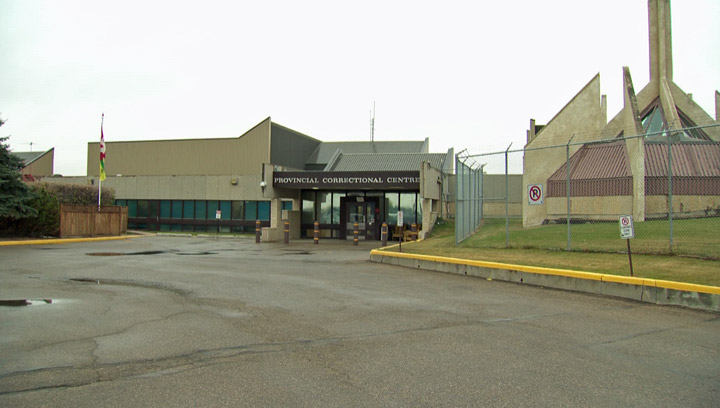SASKATOON – Inmate Christopher Morgan hopes that he can find employment after being released from Saskatoon’s Provincial Correctional Centre next year. However, he is not naive about the difficulties facing ex-convicts who apply for jobs after being released from prison.

Morgan is currently serving his second prison sentence and said that he found work after he was last released, but it wasn’t without rejections and frustration.
“I thought that people, former prisoners who were complaining about not being able to get a job were just lazy but that’s not the case at all,” said Morgan, who is serving a two year sentence for what he describes as “one angry afternoon.”
To tackle this issue, Saskatchewan’s Ministry of Justice offers inmates a chance to enroll in its Employment Essentials Program.
The curriculum is based around enabling former offenders to find a job and then sustaining that employment. Inmates learn how to build a resume, prepare for a job interview and interact with colleagues, among other things.
“It works for those who accept it as a means to be successful,” said Morgan.
Once an inmate is released, the province can nominate him or her to the Saskatchewan Abilities Council partners in employment program. The council matches prospective employees with businesses that are open to hiring them.
The John Howard society also believes that employment reduces the rate of recidivism. Meaningful jobs would mean a safer environment and lessen the burden on tax payers who fund provincial prisons, according to Shaun Dyer, the Saskatoon branch executive director.

Get daily National news
“We talk about being tough on crime and that’s one way of looking at it. We think that we should also be smart on crime,” said Dyer.
“Most people who come out of jail never want to go back, so they’re going to do whatever it takes to stay out,” he added.
Sask. Abilities said their contact is to work with 100 recently released inmates each year. Their goal is to find employment for half of them, with the hopes that 20 will sustain their jobs over a lengthy period of time. They also provide follow up support once an offender earns a job.
Baumann said last year the most jobs were in the construction industry.
“That’s probably the top industry,” she added.
Alex Howden Construction is one local company that participates in the council’s employment program. They have hired around 20 former inmates so far, according to their construction coordinator Jim Smith.
“Partly it would be a social thing, there’s a need here, partly it’s we have a big content of unskilled labor required,” said Smith.
There are some challenges, Smith admitted. Of the 20 or so he’s hired, only three have stayed with the company for over a year. The average employment lasts around six weeks.
“Unfortunately it’s about when they become skilled and familiar with some of the things we do,” he said.
Some of the inmates he hires do not have a driver’s license and others have legal obligations, like going to a probation meeting in the middle of the day, causing them to miss work. However, he said these issues will not deter him from hiring ex-convicts in the future.
“There are several things that come up and we have to be more accommodating to everyone,” he said.
Morgan hopes that an employer, like Smith, can look past his criminal history once he is released from prison.
“If you can take a look at me and see beyond what I have on paper then I would defiantly give you my hundred and ten per cent,” said Morgan.
A dream job would be in the computer science field, but he’s also working on a carpentry accreditation to fall back on.
“Once you actually accept what’s going on and use it as a way to say. ‘hey, ok maybe I am not the most positive person out in society right now, what can I do while I am here to better myself,’” he said.
“I just accepted my situation and got with the program.”








Comments